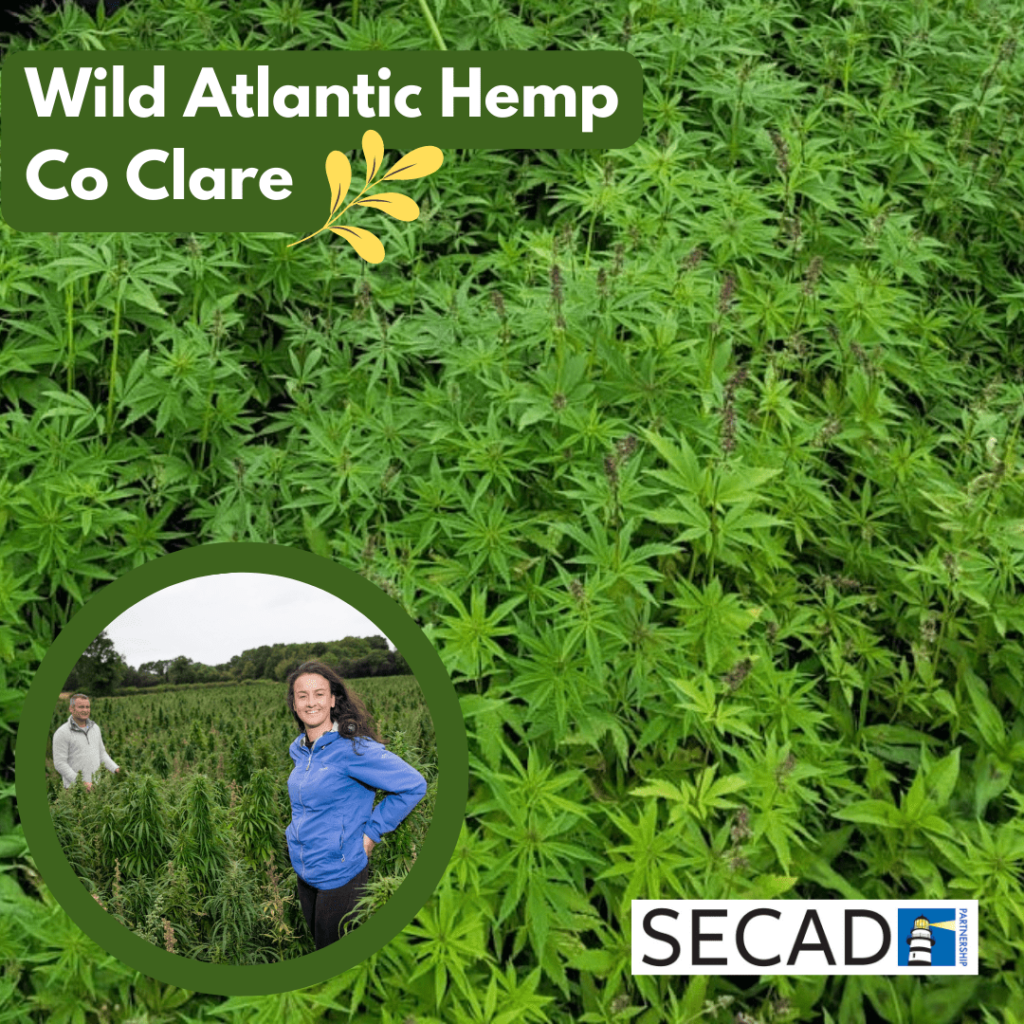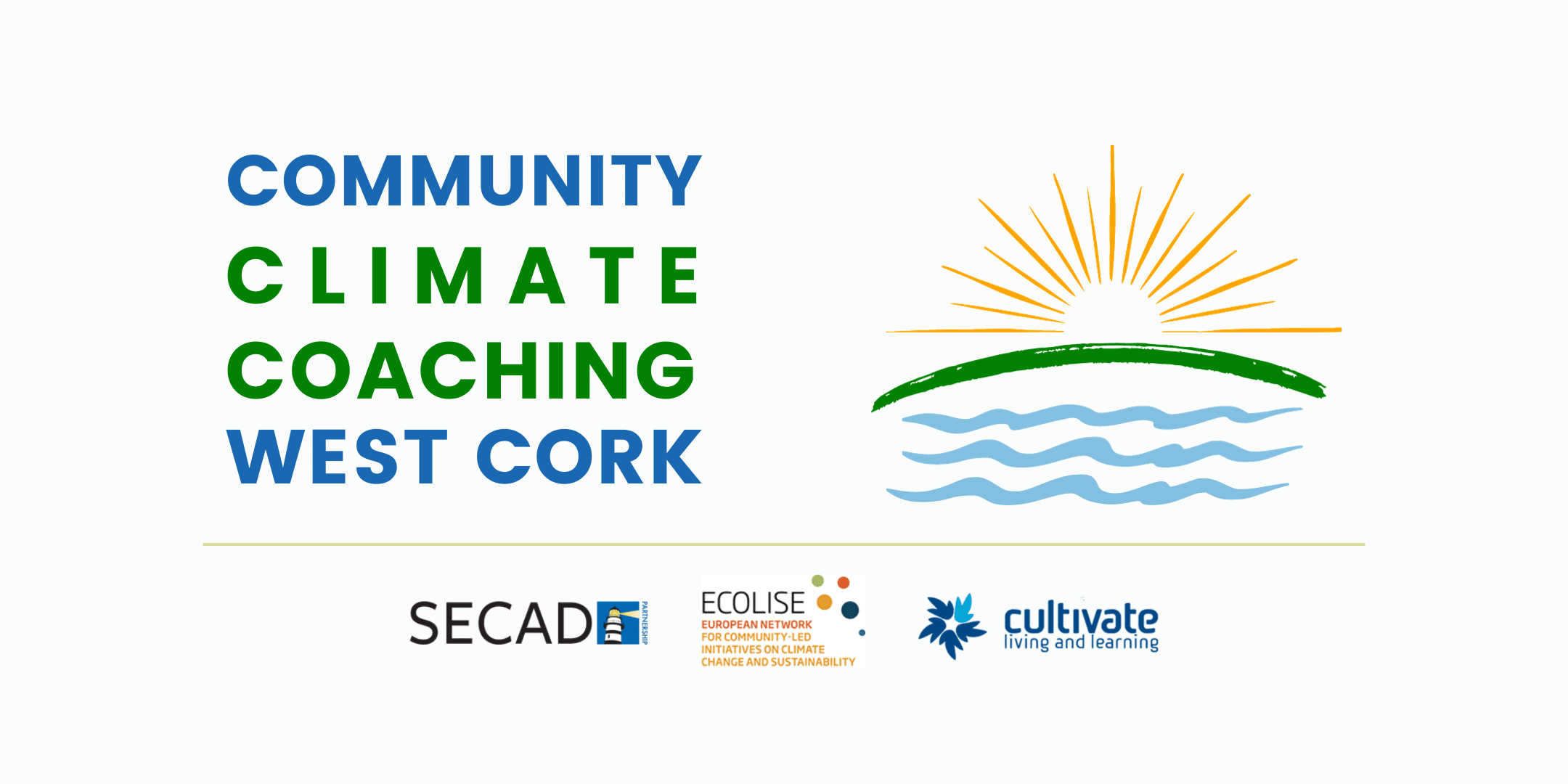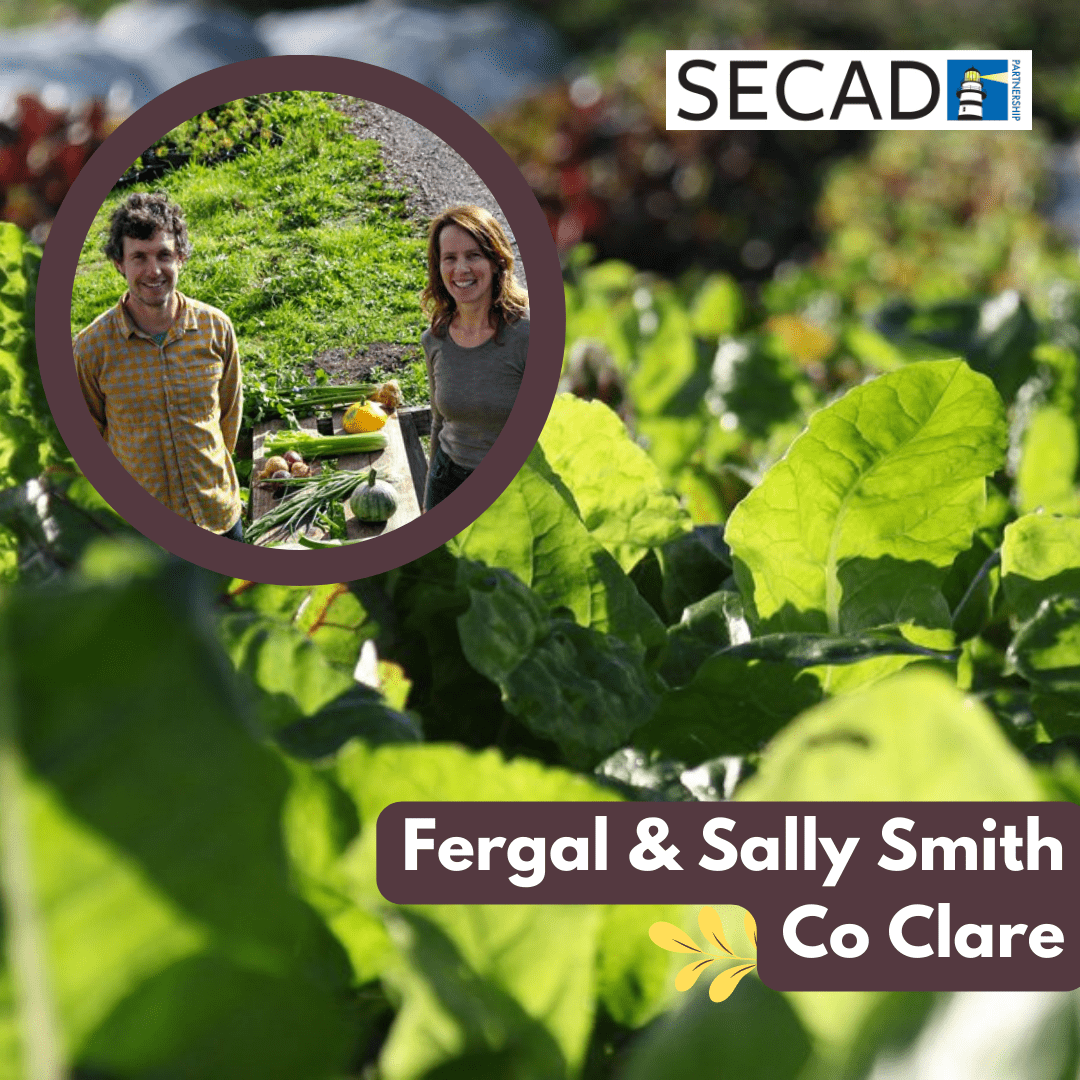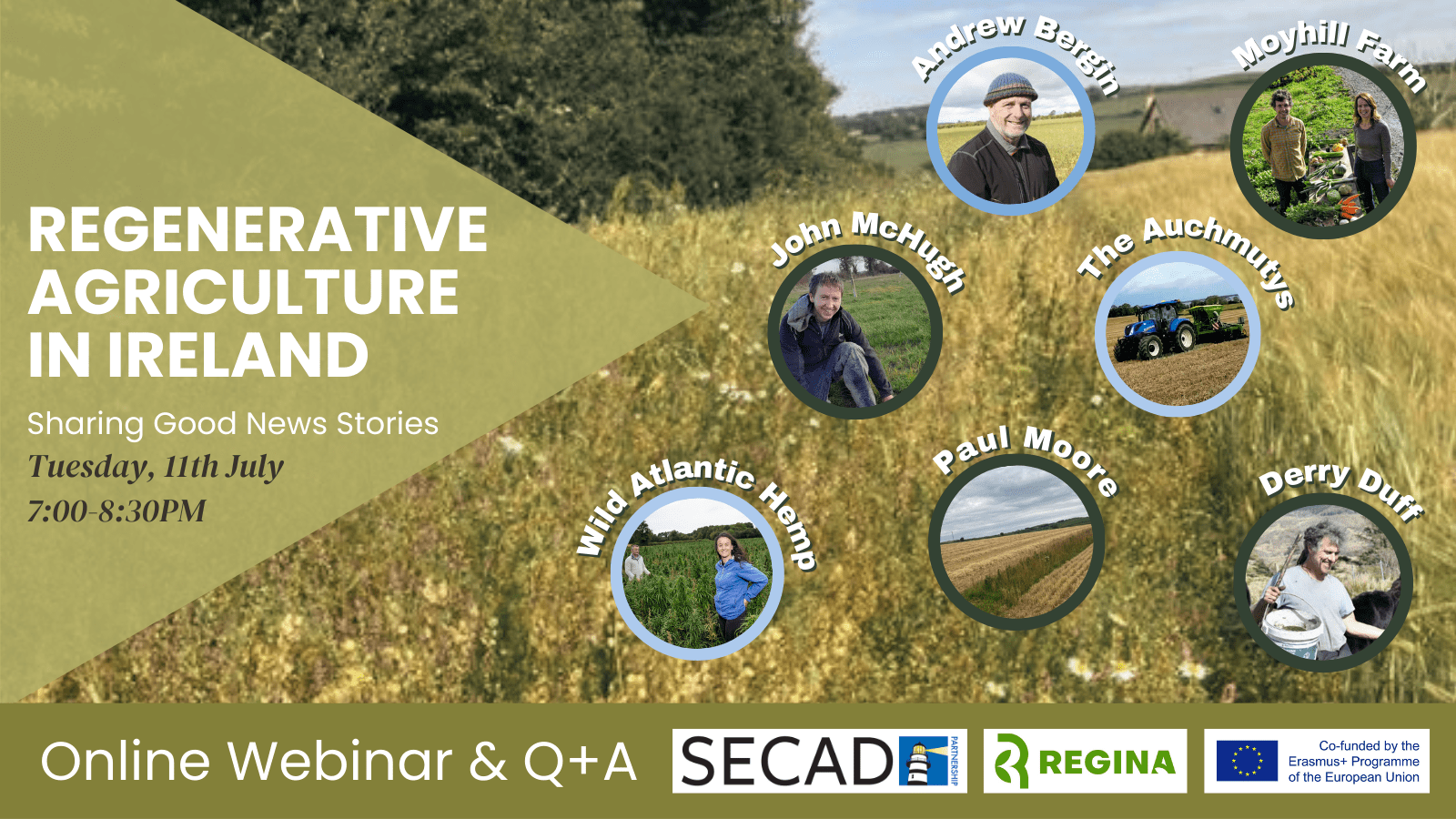Laura Jane Foley & Daniel Lyons, Co Clare
In 2018, Laura and Daniel bought a 1-hectare plot of land on the Loop Head Peninsula, County Clare, and began their journey into growing Hemp to create high-quality CBD products.
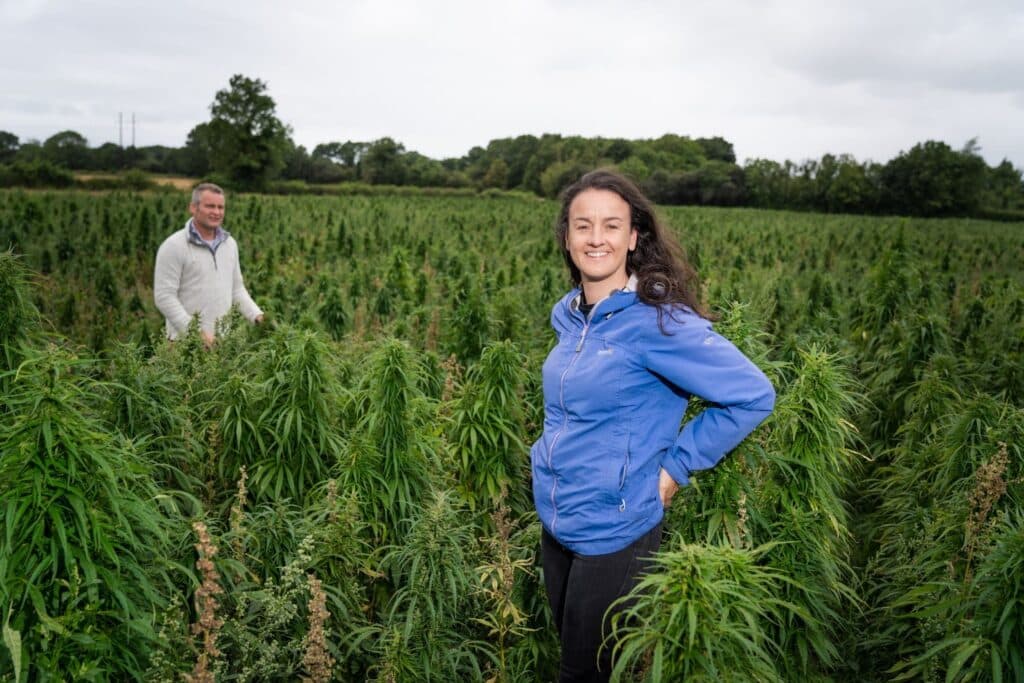
What is Hemp?
Hemp, also known as industrial hemp, is from the Cannabis plant family, grown specifically for industrial or medicinal use. Unlike cannabis, hemp contains very low (max 0.3%) levels of the psychoactive compound, THC and is therefore legal to grow and use in Ireland. Like bamboo, hemp grows incredibly fast, making it an excellent contender as a plant-based industrial material. Indeed, hemp is used to make a range of commercial products, from clothing, shoes, paper, building materials, insulation, bioplastic, biofuel, food and medicinal products.
Regenerating the Soil
The hemp plant has a multitude of beneficial qualities for the soil. Hemp plants have long tap roots that break up and aerate the soil, making it very drought resistant as the taps go deep into the ground in search of groundwater.
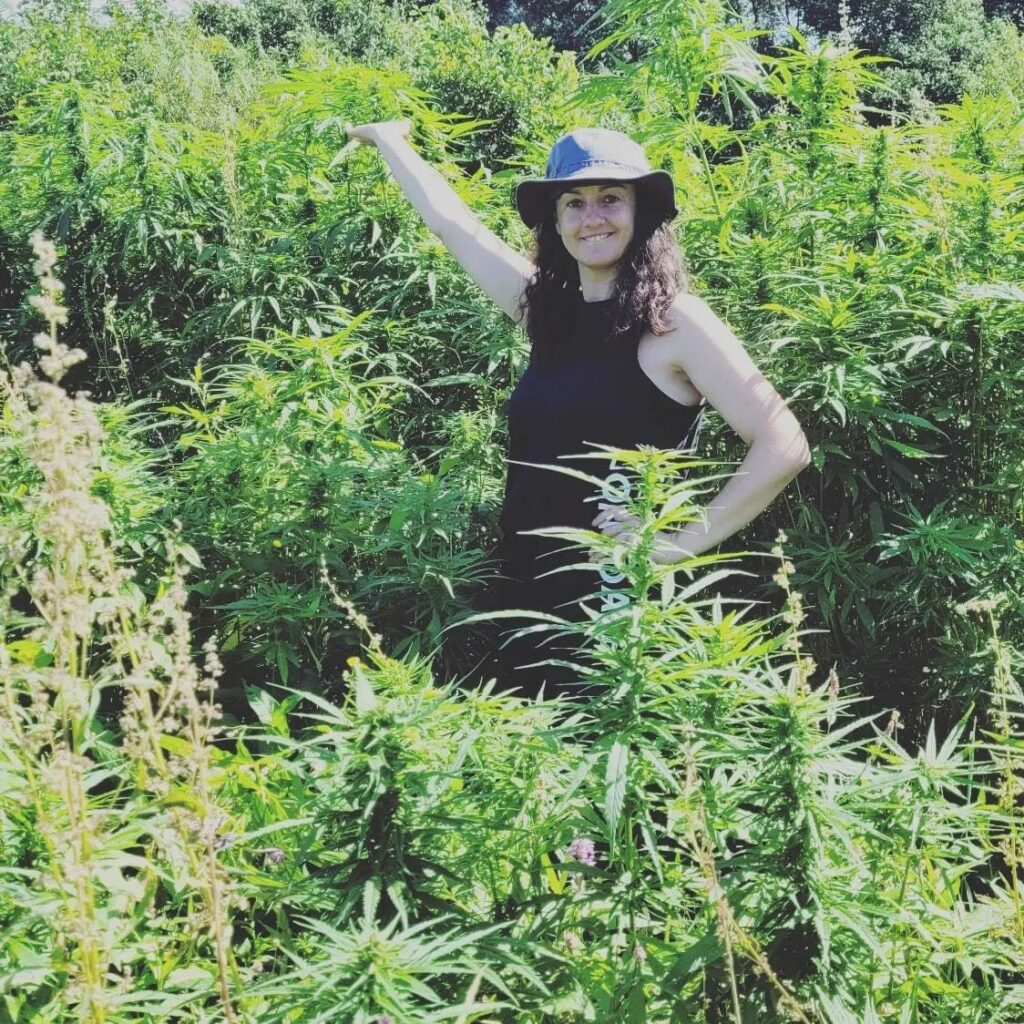
When researching the methods of growing hemp, Laura and Daniel discovered that hemp is a “bioaccumulator”, meaning that this plant is exceptional for absorbing heavy metals, pesticides, herbicides, fungicides, fuel and even radioactive compounds. In fact, the hemp crop was used in Chernobyl to soak up heavy metals such as lead and nickel contaminants from the soil.
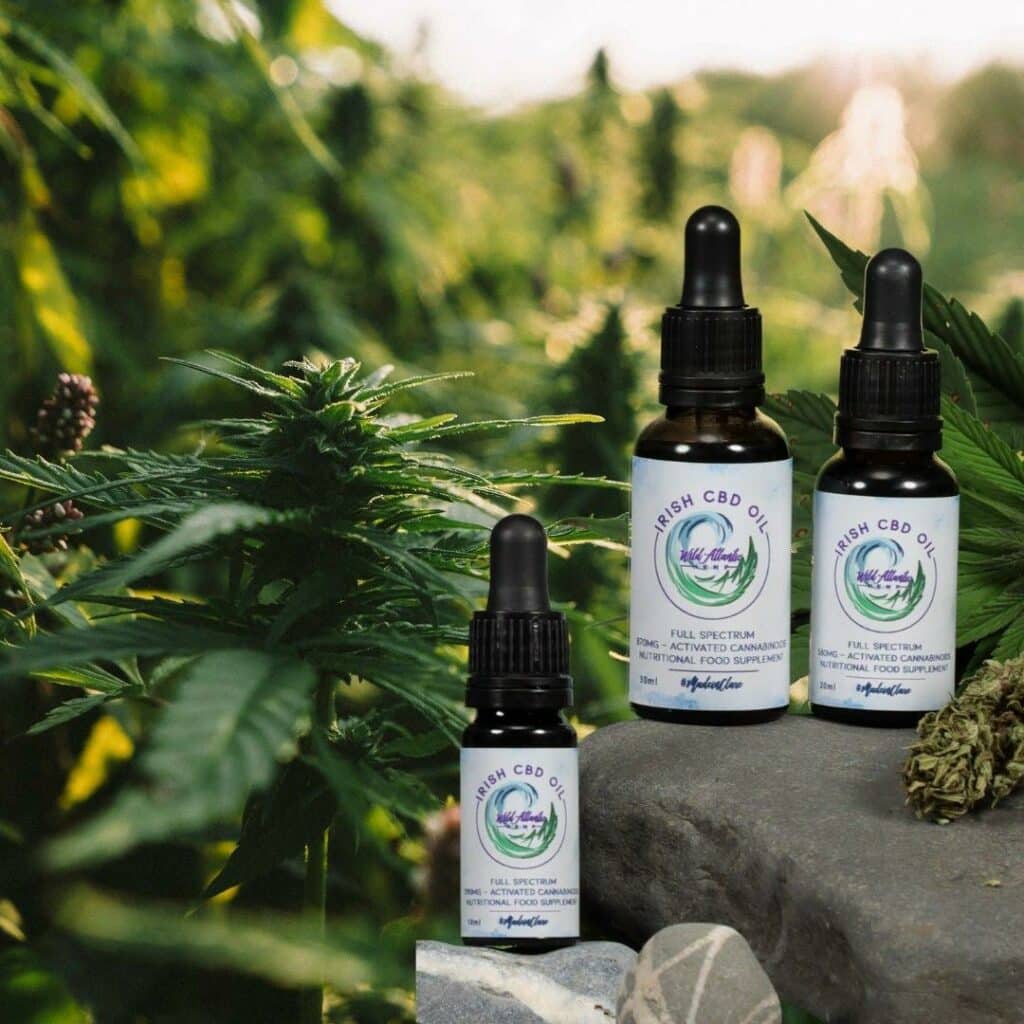
For this reason, it is incredibly important to grow hemp naturally to ensure that the end-product is food safe. This is why the couple opted to grow their Hemp regeneratively, placing an importance on not using any chemical fertilisers or pesticides in the growing process. Therefore, growing hemp through Regenerative Farming practices was a no-brainer for the pair.
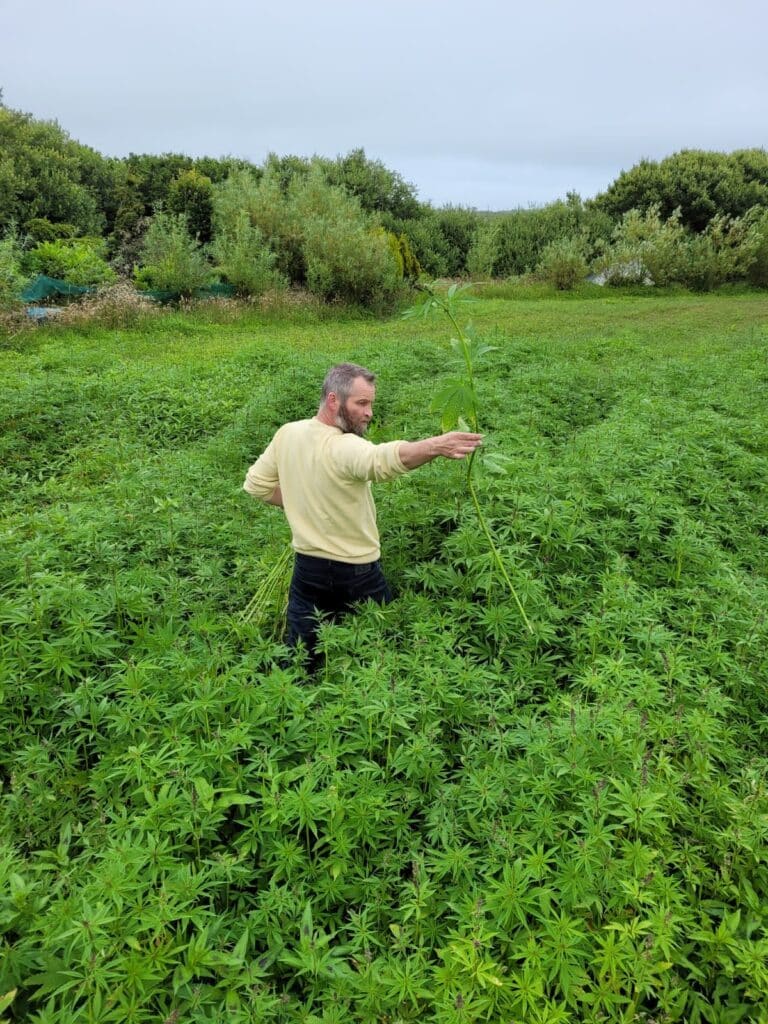
Testing Different Natural Fertilisers
Laura and Daniel have experimented with a range of natural farming methods, such as using coffee grounds from local cafes as a natural slug deterrent. When sewing the hemp crop, the couple experimented with mycelium powder, seaweed and microbial teas, which are all ways of naturally fertilizing the soil and giving the seed the best chance of growing strong healthy roots.

Laura and Daniel have taken many soil samples throughout the years to test for any improvements in the soil quality. Due to high fertiliser and glyphosate use from the previous owner of the land, the soil was struggling when they first bought it. 5 years on, Laura described how their land is now “jam-packed with biodiversity. It’s like a bird sanctuary!”. They have noticed pheasants nesting on the land, which are seen as welcome guests by the pair. Laura and Daniel explained how beneficial it has been for them to not have to buy expensive fertiliser, and they believe their yield and the quality of the crop is all the better for it.
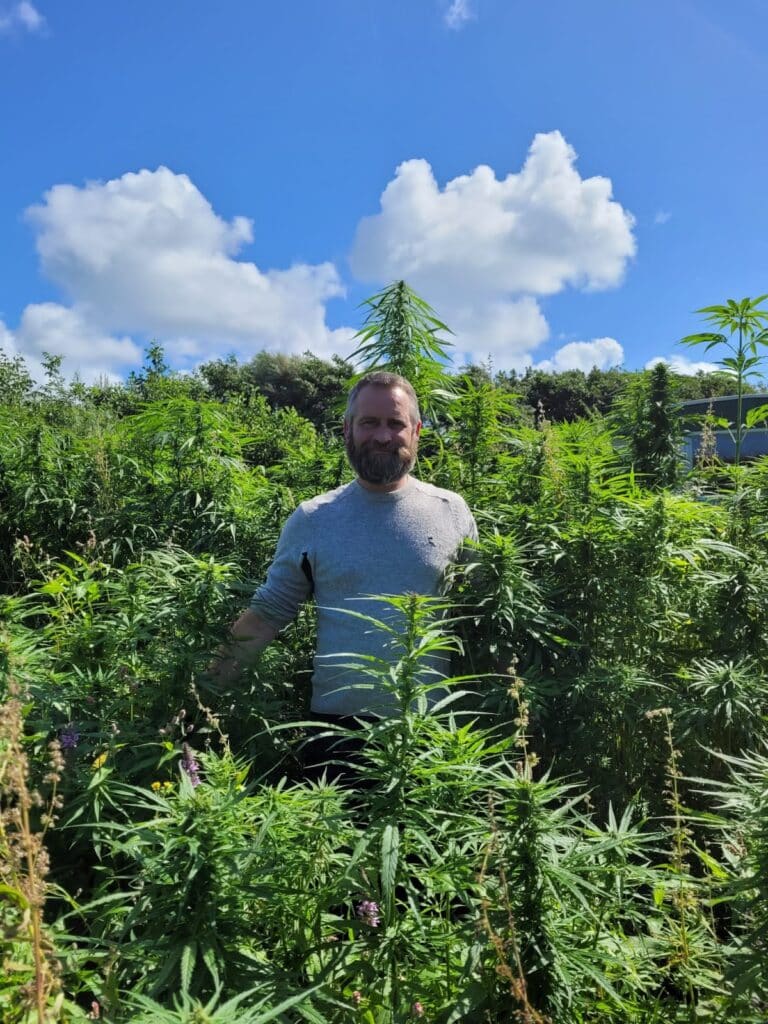
Cover Crops & Sequestering Emissions
Hemp is planted in April and harvested in September. In the off-season, winter crops such as barley are planted in order to keep the soil covered and to continue to sequester carbon from the air. Laura discussed how hemp can sequester carbon dioxide emissions in a much quicker timeframe than forestry. Indeed, the hemp plant has shown great potential above ground through its capacity to efficiently sequester greenhouse gas emissions, and below ground through its ability to aerate and regenerate the soil.
Farmer to Farmer Learning
Laura and Daniel learned about regenerative agriculture and the advantages of hemp from books, YouTube, social media and friends. Peer-to-peer learning aided the pair massively in their hemp journey, as hemp production is an incredibly new area of agriculture production in Ireland. Now, Laura is one of the leads in an EIP (European Innovation Partnerships) Project called “Hemp4Soil”, where 7 other local farmers in the area have been testing for changes in soil quality since starting to grow Hemp. So far, the results look to be very positive.
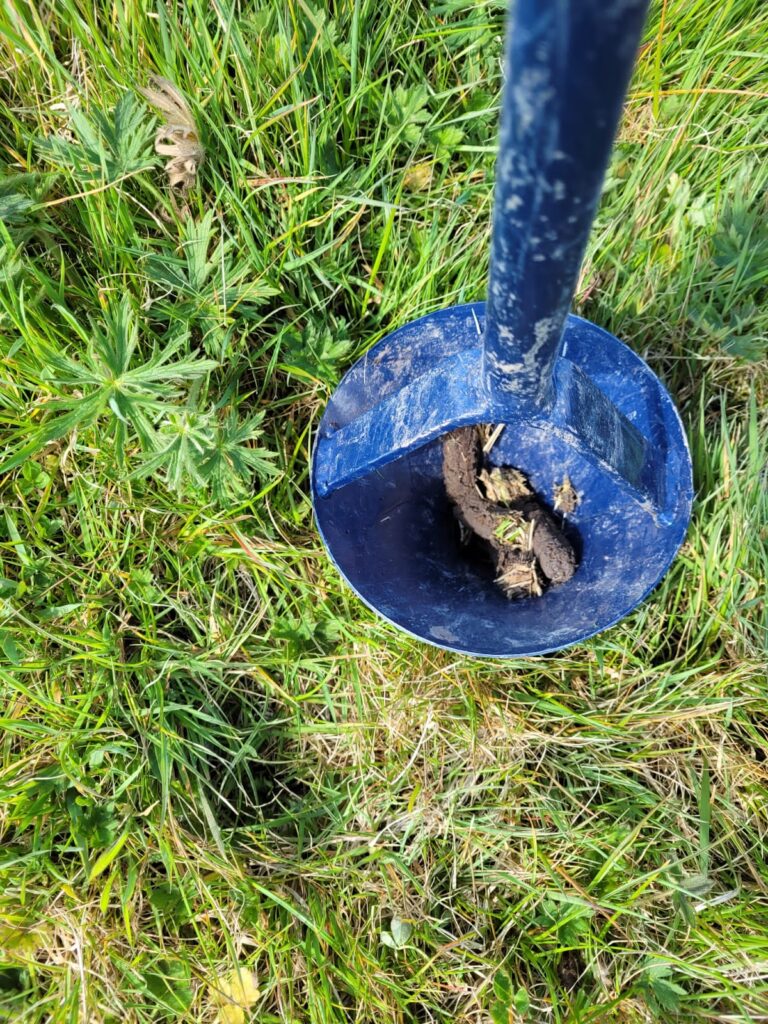
A promising future for hemp in Ireland
Finally, regenerative farming allows the couple to market their CBD products as safety-assured and high-quality, allowing them to charge a higher price for their efforts. The couple have said that they hope to inspire more Irish farmers to grow hemp regeneratively and to continue searching for improvements in their growing practices. Learn more about Wild Atlantic Hemp on their website: www.wildatlantichemp.com

